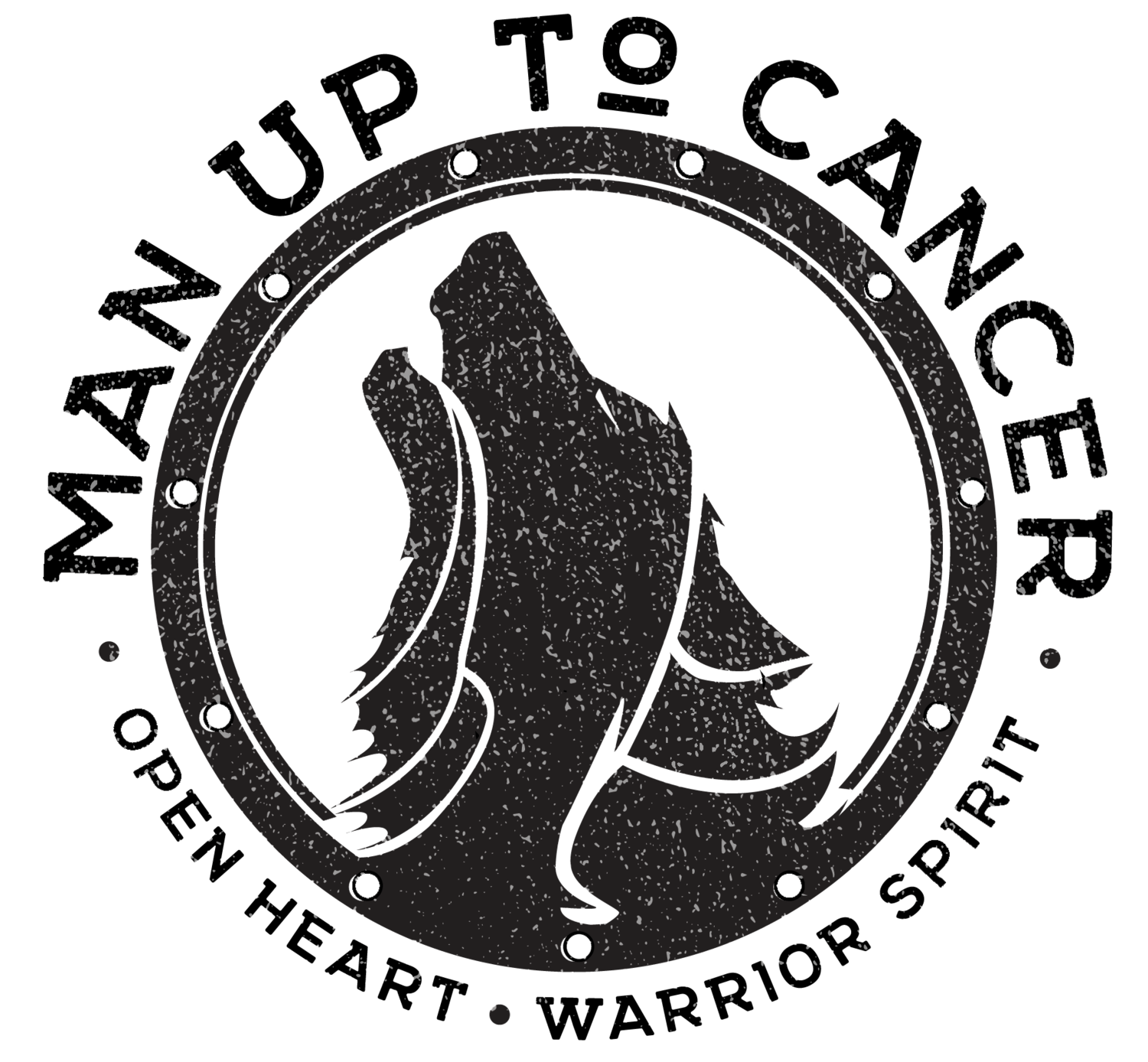Steven Crocker | Testicular Cancer Awareness Month
As we continue our special feature for April’s Cancer Awareness focus on Esophageal, Head and Neck, and Testicular Cancers, today we share the story of Steven Crocker, a testicular cancer survivor from Virginia Beach, Virginia. Steven opens up about the importance of listening to your body, the value of community, and how sports — and humor — shaped his approach to the toughest fight of his life.
What were your warning signs? What made you feel like you needed to get checked?
For a long time, I noticed my left testicle was getting increasingly larger. It wasn’t necessarily painful, but it would make me wince every time I touched it or it rubbed against something.
I didn’t want to go to the doctor and hear bad news, so I put it off — quietly Googling my symptoms in bed at night. Through that, I learned that testicular cancer often spreads to the back (retroperitoneum).
When I felt a lump in my back in the spring of 2019, I knew it was time to go get checked.
How did you initially respond to your diagnosis?
I generally take things in stride, so it wasn’t completely devastating.
I attribute that mindset to growing up skateboarding and dirt biking. (Even though I wasn’t great at them, you spend more time falling down and getting back up than anything else.) I think that experience made it natural for me to just keep moving forward.
The things that concerned me most were honestly losing my hair — because I always took what people said was a nice head of hair for granted — and the thought of maybe not being able to coach a tee ball team with my future child on it.
What was your prognosis, and where are you at today in your cancer journey?
The prognosis for testicular cancer is, luckily, pretty good in general.
I was diagnosed with Stage 2B disease but was always considered a “good risk” case.
Today, I’m proud to say I’m 5.5 years post-diagnosis.
How did you first discover Man Up to Cancer? What has your experience been like?
Time flies when you’re having fun — and honestly, the passage of time makes memories blurry — but I think I was like many others and was invited by Joe Bullock at the group’s inception. I’m unclear exactly how we first connected, but I’m thankful we did.
It’s been amazing to see the group grow over the years and witness the real impact it’s had, especially on older guys who grew up in a generation that was taught to keep things close to the vest.
Aside from Man Up to Cancer, what other resources have you relied on or would recommend?
The Testicular Cancer Awareness Foundation is a great resource for anyone impacted by testicular cancer — whether you're the patient or a loved one.
I also host a podcast for the organization called It Takes Balls.
The feedback has been overwhelmingly kind and positive; people say it really helps to hear other survivors' stories and learn directly from experts involved in treating the disease.

